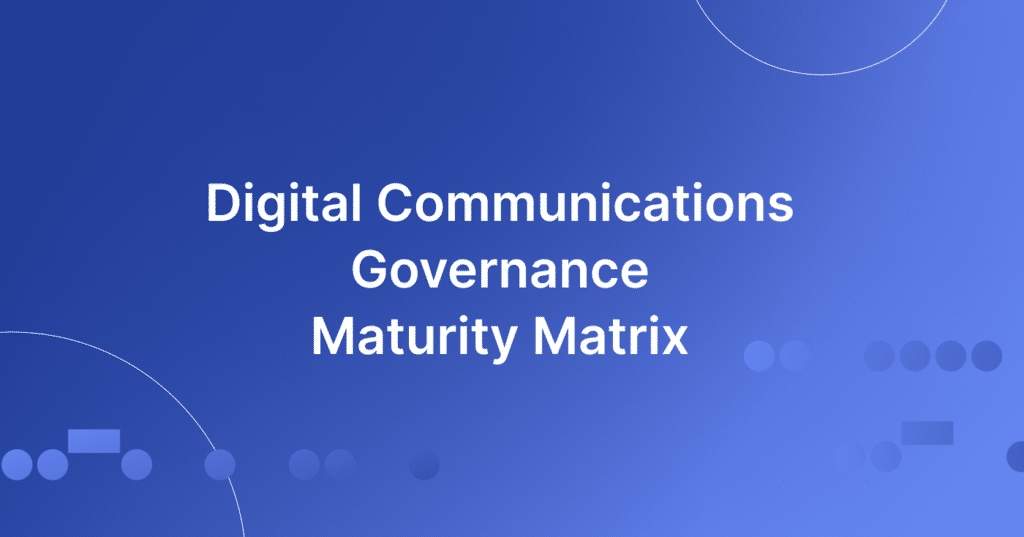Empathic Fintech Robo-Advisors

Industry 4.0 (including Artificial Intelligence, or “AI”) started to replace a certain type and number of human employees. Algorithms are superior for repetitive tasks, where decisions are based on a high amount of data. Thus, AI can be particularly helpful for the complex, data-driven tasks of the typical compliance officer. This definition is also applicable to financial advisors.
Machine Learning and Human Error
Based on the company’s own statement, the algorithm of the fintech Robo-advisor EquoBot (using IBM’s super-computer Watson) is capable of processing over one million pieces of information a day. This includes earnings releases, economic data, consumer trends, industry developments, and headline news – all information that the average regulator takes in each day. EquoBot covers this Big Data into Smart Data: predictive financial models on over 15,000 globally traded companies. Roberto Saracco, president of the research institute EIT ICT Labs Italy, adds that besides these incredible possibilities, machines furthermore keep on learning. This means AI does not forget and does not make errors out of fatigue.
Most compliance officers are seasoned professionals who do their jobs with the precision demanded by their public office. However, they are not infallible. AI with machine learning capabilities has the potential to improve the regulatory world by improving efficiency and decreasing errors. This would be a great benefit to both the regulated community and the firms themselves.
Computational Power Versus Human Decision Making
There is a second philosophy for investors. Human- or AI Robo-advisors analyze the charts of the stocks to see if their short- or long-term trends follow any potential lines or even breakthrough such. This theory is based on mathematics, even if the causal relation is questionable. On the other hand, as a group of individuals follow this theory and act accordingly, it works as a “self-fulfilling prophecy”.
This approach also uses financial information to connect them via mathematical formulas, so there is no need to say that AI Robo-advisors are superior. Comparable to mathematical-based astrology, the “black-box”-effect of the algorithm is no obstacle for human investors. On the contrary, it may foster the “myth of secret knowledge” as this philosophy also includes regular events such as the “triple witching hour.”
Apart from all mathematics and statistics, pure psychology has a relevant impact on the development of shares. Individuals tend to invest in companies with a positive image. This is because we admire entrepreneurs, adventurers, and visionaries, especially if their dreams include a positive change in society. Psychology and financial results may contradict each other. It is the task of the financial advisors to interpret the information to decide if the shares will rise or fall. Such perception is difficult to include in indices and charts. Moods in societies & markets may change rapidly, which makes investment in such companies attractive, but also risky.

connect them via mathematical formulas
Integrating AI into Compliance Systems
Today, we have a hybrid situation in which human-, Robo-advisors, and mixed teams compete against each other. This includes the competition of the different approaches as well as psychological interpretation against pure mathematical analysis. Human or not, financial advisors have no right to decide automatically in the name of the investor. If yes, especially Robo-advisors have the risk that their decisions may lead to financial catastrophes. If all bank houses have the same access to the information, the mathematical formulas may come all to the same result that shares should be sold, and the value of the affected companies may fall to bottomless. After such experiences, most governments implemented protections, including that stock markets, could be temporarily closed to avoid panic reactions.
Of course, AI raises much more excitement in the compliance world than it does cause for concern. One example is using AI with machine learning capabilities to help regulators and compliance officers drive down the effects of human error and false positives. By programming a network capable of capturing and investigating interactions across a suite of electronic communication channels, AI-based systems make it easier for compliance professionals to manage and analyze the high volumes of information that go into every investigation.
The Limitless Potential Of Machine Learning
In 2017, for the first time an Artificial Intelligence, called “Libratus”, won against human Poker players. Even more, than in Chess, where humans already had been defeated before, Poker is based on rules and mathematics, but includes additionally a psychological component: “bluffing”. Due to the “Massachusetts Institute of Technology” (MIT), the game consists of strategy, psychology, and decision-making. Based on this understanding the prestigious university offers “Poker Theory and Analytics”, a course featuring eleven lectures. Similar to the cobot (collaborative robot), Libratus is “empathic”. This does not mean that the software has feelings, but that it is able to interpret the human counterparts and conclude his or her feelings & attitudes to predict potential next steps. Cobots use this ability to support the human, Libratus to beat the human. Perception and empathy are based on senses. Artificial Intelligence, including Machines- or even Deep-Learning, maybe do not have different senses than humans, but thanks to more and superior sensors indeed are more sensitive due to their ability to understand and analyze Big Data. This procession of continuous streams of information works as an additional sensor, on a level that humans are not capable of. Yusuf Aytar, post-doctoral AI researcher at the Massachusetts Institute of Technology (MIT) resumed: “If you have more senses, you have more accuracy.”
Erik Brynjofsson, Director at the Massachusetts Institute (MIT) of Technology for Digital Economy, said: “AI won’t be able to replace most jobs anytime soon. But in almost every industry, people using AI are starting to replace people who don’t use AI, and that trend will only accelerate.” Paul Ryan, IBM Watson’s UK Director of Artificial Intelligence goes one step further with his prediction that already in a few years “every major decision, business and personal, will be made with the assistance of cognitive technologies.” Simply stated, machine learning is the future. This is just as true in regulatory compliance as it is in any other professional services industry.
To include the best of both worlds, Robo and human finance-advisors work as a team. Of course, this is also a question of the investor’s budget. The free markets want to ensure that companies and organizations have fast and non-bureaucratic access to capital. The pure software solution can act cheaper than the human. Furthermore, the software does not necessarily belong to the bank. It could directly belong to the user and act from the individual laptop or smartphone. At least if the banks provide compatible interphase individual apps can manage their investor’s portfolios. Such a solution would be a risk factor, as individual networks are less protected than the bank’s IT infrastructure. But on the other hand, it is a requirement for another scenario: Blockchain currencies may take out the banks as middlemen, which are not required anymore to manage portfolios. But his will be a different story…
Related Articles

Maturity Guide
Subscribe to Shield’s Newsletter
Capture everything. Deploy anywhere. Store in one place.


